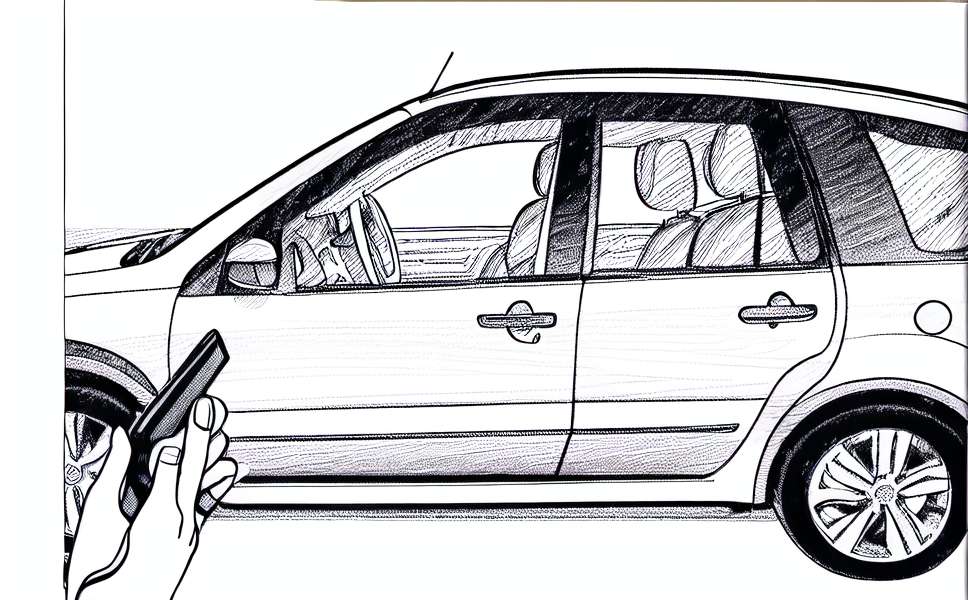Tips for a young and healthy skin
April 2024

Diabetic ketoacidosis (CAD in Spanish or DKA in English) occurs when the combination of high blood sugar levels and insufficient insulin in the body produce an accumulation of acids called ketones.
Ketone bodies are toxic, but if CAD is not treated, it can lead to diabetic coma and even cause death.
It mainly affects people with type 1 diabetes. However, it can also occur with other types of diabetes, including with type 2 diabetes and during pregnancy with gestational diabetes.
The main cause of CAD is not having enough insulin. The lack of insulin means that sugar can not enter the cells, which need sugar as a source of energy. This causes the levels of glucose in your body to increase. To produce energy the body begins to burn fat. This process causes the ketone bodies to accumulate. Ketone bodies can poison the body. Elevated glucose levels can also cause you to urinate frequently, which can lead to a lack of body fluids, that is, to dehydration.
CAD can occur because of forgetting a dose of insulin, eating poorly or feeling stressed. An infection or other diseases (such as pneumonia or urinary tract infection) can also lead to CAD. If you have signs of infection, such as fever, cough, or sore throat, contact your doctor to make sure you are receiving the appropriate treatment. For some people, CAD may be the first sign that they have diabetes.
CAD is a very serious condition. People who have diabetes should contact their doctor or go to the hospital immediately if they have symptoms of CAD. The first symptoms that usually appear are:
When you are sick, you need to carefully evaluate your blood sugar level, so that it does not reach very high values or very low values. Ask your doctor what your critical blood sugar level is. Most patients should carefully evaluate their blood glucose levels when they are above 250 mg per dL.
When you are sick or stressed, you should check your blood sugar more often than usual (sometimes every three to four hours). If your blood sugar reaches a critical level, measure it every hour or every two hours. Ask your doctor if you think you should measure your blood sugar level during the night.
You should also measure the amount of ketone bodies in urine every couple of hours if you are sick, stressed or if your blood sugar level is higher than 250 mg per dL.
You should talk with your doctor to develop an action plan if your blood sugar level goes too high.
CAD treatment
CAD produces excessive urination, which means that you can become dehydrated and your body can lose electrolytes (minerals in the blood that help your body function). If you are diagnosed with CAD, your doctor will probably treat you with liquids that contain electrolytes and insulin, usually intravenously, that is, through a vein. Fluids can help you rehydrate and dilute some of the sugar in your blood. Electrolytes will help your body function normally. Insulin will help lower your blood sugar level.
You should continue taking insulin even if you feel too sick to eat. Your body needs insulin even if you are not eating. Ask your doctor if you need to adjust your insulin dose or take extra insulin.
If you use an insulin pump, make sure you have short-acting insulin, long-acting insulin, and needles in case your pump is not working properly. You should also have a phone number for emergencies where you can call if you need help with your pump.
When you are sick, drink lots of liquids without sugar and without caffeine. Sip small amounts every couple of minutes if you are feeling sick to your stomach.
If your blood sugar level is above 250 mg per dL, avoid foods that have a high carbohydrate content.